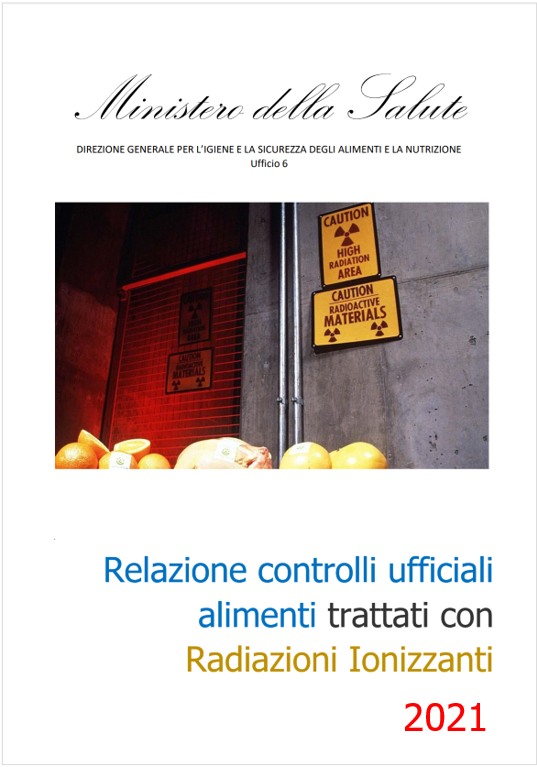// Documenti disponibili n: 46.525
// Documenti scaricati n: 36.536.580
ID 21826 | 08.05.2024 / In allegato
This volume of the IARC Monographs provides evaluations of the carcinogenicity of three agents: aspartame, methyleugenol, and isoeugenol.
Aspartame is a low-calorie artificial sweetener that has been widely used in foods and beverages since the 1980s. Historically, artificially sweetened beverages have been the major source of exposure to aspartame, but to a lesser extent at present since aspartame is typically used in mixtures with other sweeteners. The highest concentrations of aspartame are found in tabletop sweeteners, chewing gums, and food supplements. Other sources include cosmetics and medicines.
Methyleugenol is a flavour and fragrance compound that occurs naturally in essential oils of various plants. It is used in cosmetics and personal care products and as an insect attractant. Although its use as a flavouring agent is prohibited in the European Union and the USA, it is still present in various foods and consumer products due to its natural occurrence in herbs and spices. The general population is ubiquitously exposed through the ingestion of food or use of personal care products.
Isoeugenol is a fragrance and flavour compound that occurs in many plant species and in wood smoke. It is used in food, cosmetics, household products, animal feed, and veterinary medicines. Firefighters and workers involved in isoeugenol synthesis or handling isoeugenol-containing products may be exposed.
An IARC Monographs Working Group reviewed evidence from epidemiological studies, cancer bioassays in experimental animals, and mechanistic studies to assess the carcinogenic hazard to humans of exposure to these agents and concluded that:
- Aspartame and isoeugenol are possibly carcinogenic to humans (Group 2B);
- Methyleugenol is probably carcinogenic to humans (Group 2A).
Collegati
ID 23422 | 07.02.2025
Regolamento delegato (UE) 2016/161 della Commissione, del 2 ottobre 2015, che integr...
Regolamento (UE) 2015/705 della Commissione, del 30 aprile 2015, che stabilisce i metodi di campionamento e i criteri di rendimento per i metodi di analisi per il controllo uf...

ID 19543 | 03.05.2023
Piano nazionale controlli ufficiali alimenti trattati con radiazioni ionizzanti e loro ingredienti -...
Testata editoriale iscritta al n. 22/2024 del registro periodici della cancelleria del Tribunale di Perugia in data 19.11.2024